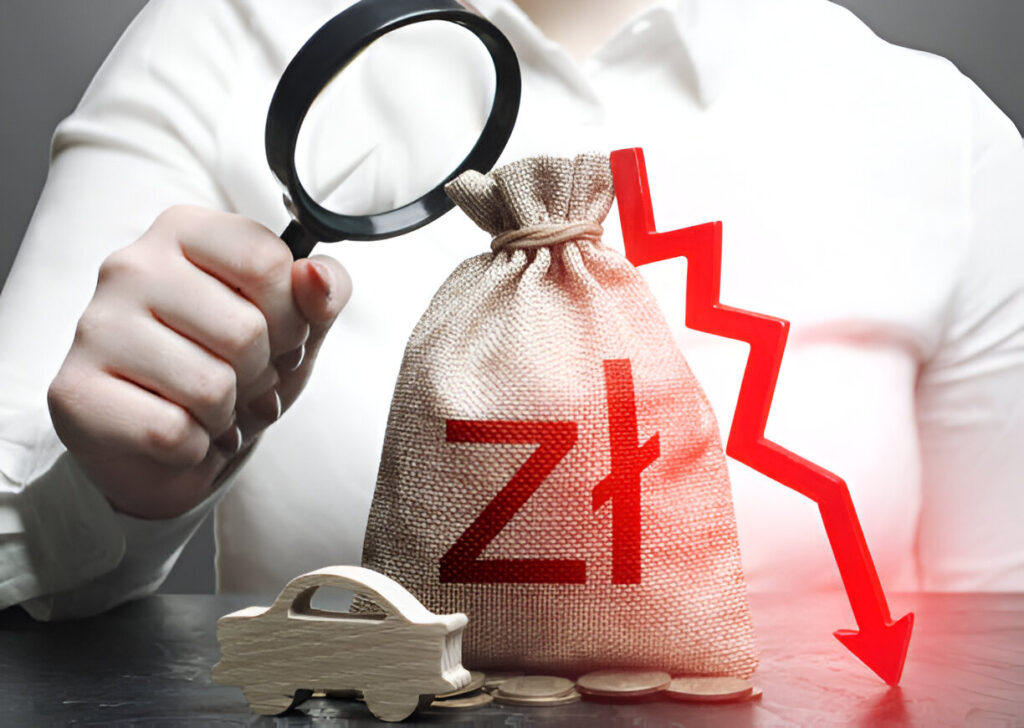We’ve all been there. A sudden expense, a few missed payments, and high-interest debt starts piling up before you know it. Every month, the interest compounds, making it harder to chip away at the principal balance. This vicious cycle can drain your finances and delay your goals —whether buying a home, taking a dream vacation, or simply gaining peace of mind. But don’t let it discourage you. With the right strategies, you can take charge of your debt and curb those heavy interest payments.
Why High-Interest Debt Feels Like an Endless Cycle
High-interest debt is tough to shake off because the interest keeps piling up faster than most people can pay it down. When you’re only making minimum payments on something like a credit card with a 15% or 20% annual percentage rate (APR), the bulk of that payment goes straight to the interest, leaving just a tiny portion to chip away at your actual balance. And as interest keeps compounding—meaning you’re charged interest on top of interest—the total amount owed grows, making it harder to feel like you’re making real progress.
Proven Strategies to Pay Off High-Interest Debt Faster
Shift Your Balance to a Lower-Interest Card
A smart approach to handling high-interest debt is to move your balance to a credit card with a lower interest rate, ideally offering 0% APR for an introductory period. It can give you the breathing room needed to focus on reducing the principal rather than watching most of your payment get eaten up by interest. The key is to pay off as much of the debt as possible during the low or no-interest period before the regular rates kick in.
Pay More Than the Minimum Payment
Minimum payments may seem manageable, but they barely scratch the surface of your debt. To make real progress, you must pay more than the minimum each month. Increasing your payments, even by a small amount, reduces the principal faster, which means less interest accrues over time.
A great strategy is to use the avalanche method, where you first focus all your extra payments on the debt with the highest interest rate while making minimum payments on everything else. For example, if you’re trying to pay off a title loan easily with a balance of $3,000 at 25% interest, paying $150 per month instead of the $100 minimum could save you hundreds in interest and shorten your repayment time significantly.
Consider Debt Consolidation
Deb consolidation might be a helpful option if you’re juggling multiple high-interest debts. Instead of keeping track of various payments and dealing with varying rates, you’ll have just one loan to focus on, often with better terms. Debt consolidation loans can come from banks, credit unions, or online lenders, and they typically offer a lower rate than what you’re paying on your credit cards.
Trim Your Spending and Free Up Cash for Debt Payments
Categorize your expenses—groceries, entertainment, utilities—and see where you can trim the fat. Can you skip dining out a couple of times a month? Scale back on streaming subscriptions. Put every dollar you save towards paying off your debt more swiftly.
If you get a financial windfall, such as a bonus or a tax refund, commit it to reducing your debt instead of spending it. Another helpful tip is to switch to cash for day-to-day purchases, which can curb overspending and help you stay within your budget.
Ask for a Lower Interest Rate
Many people don’t realize they can ask their credit card company for a lower interest rate. If you’ve been a responsible cardholder with a good payment history, your credit card provider might be willing to lower your APR. If you’ve received offers for lower-interest cards from other companies, use them as leverage when negotiating with your current provider.
Conclusion
The key is to take action now, whether transferring your balance to a low-interest card, using the avalanche method to knock out the highest-interest debt first, or finding ways to pay off a title loan easily by adjusting your budget and making extra payments. Each step gets you closer to financial freedom and further away from the burden of endless interest payments.

